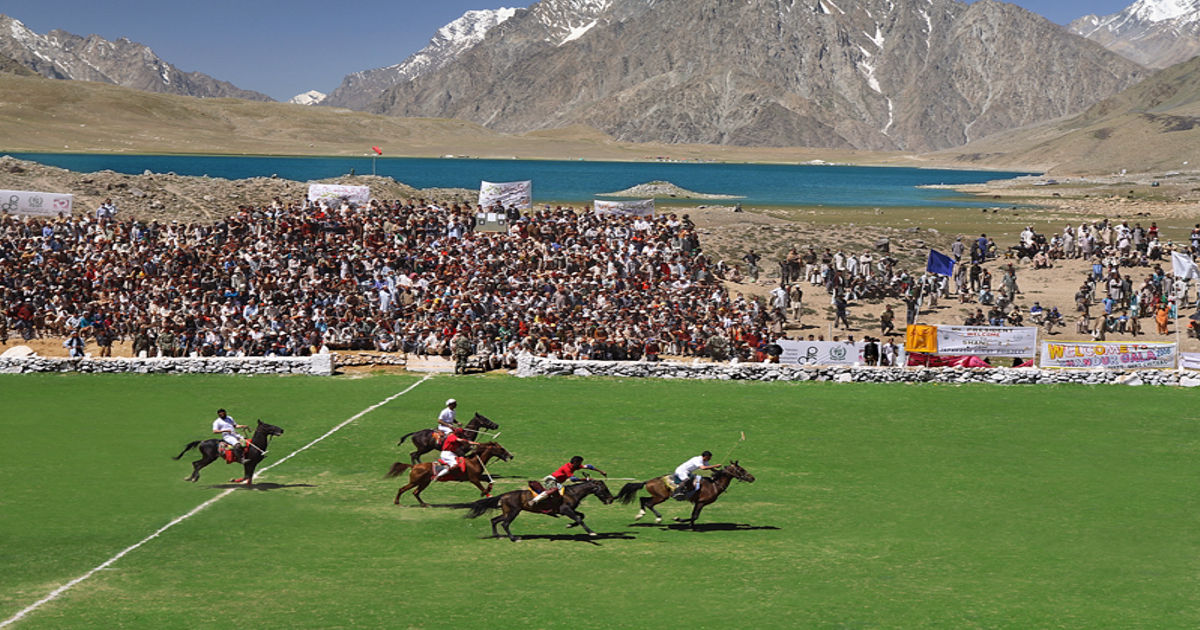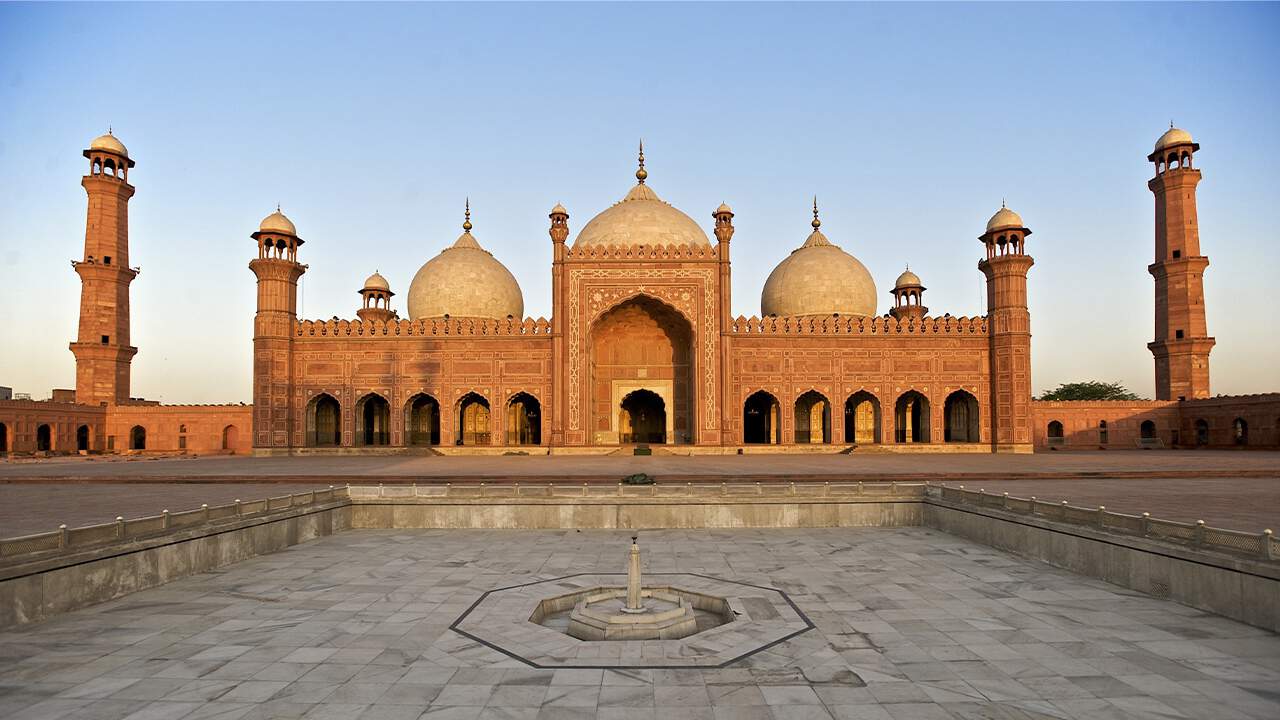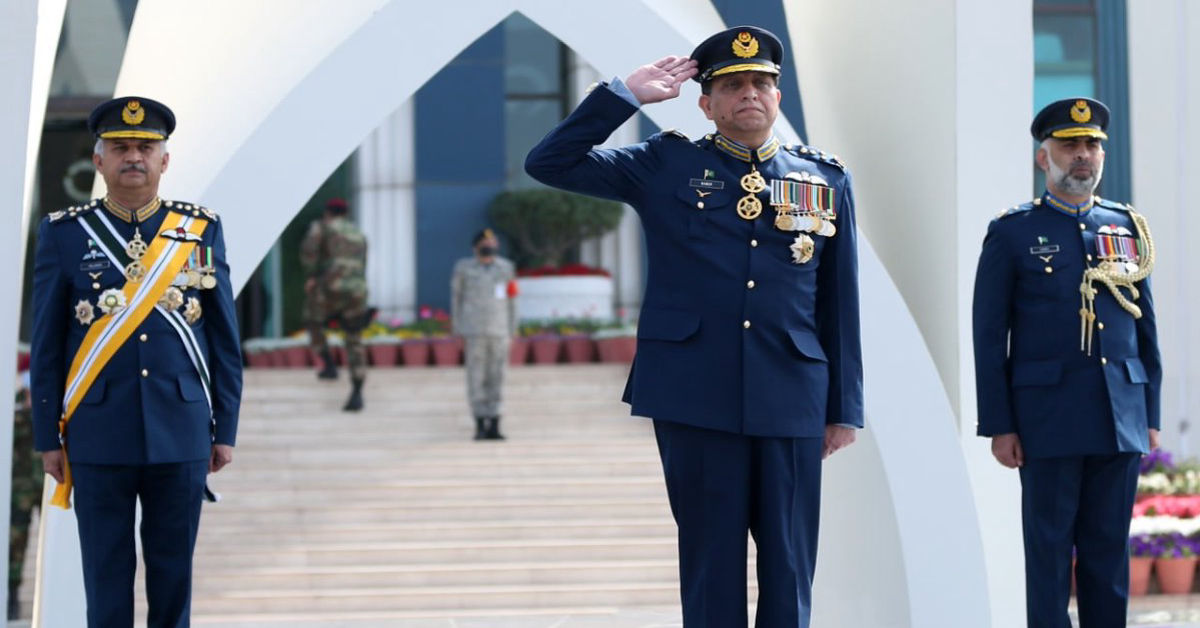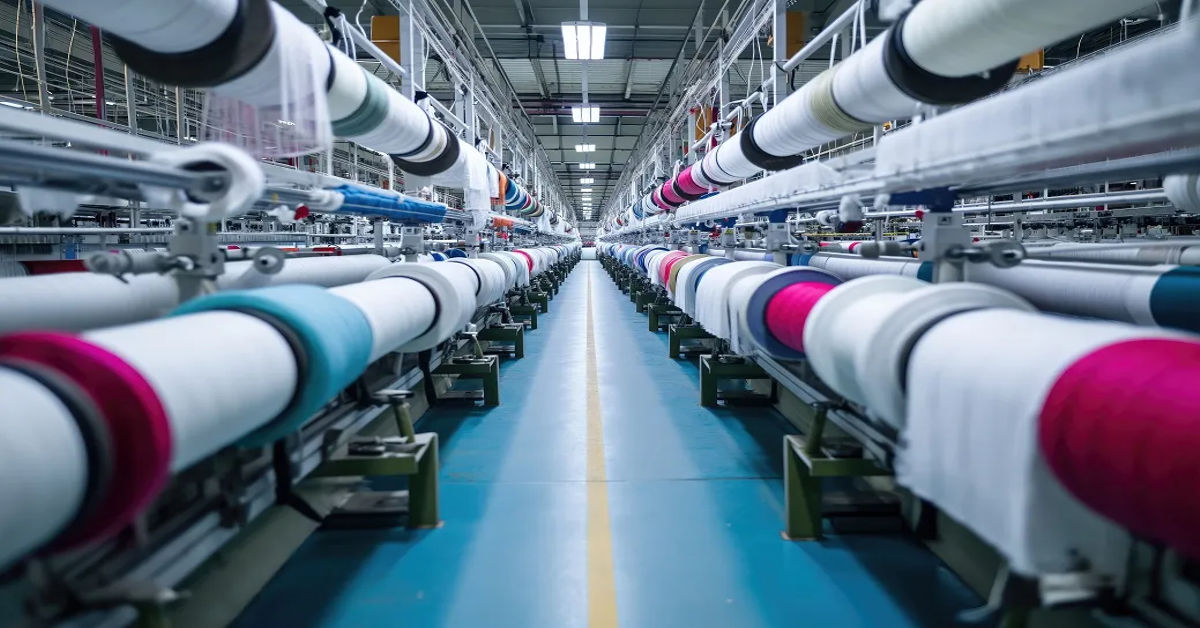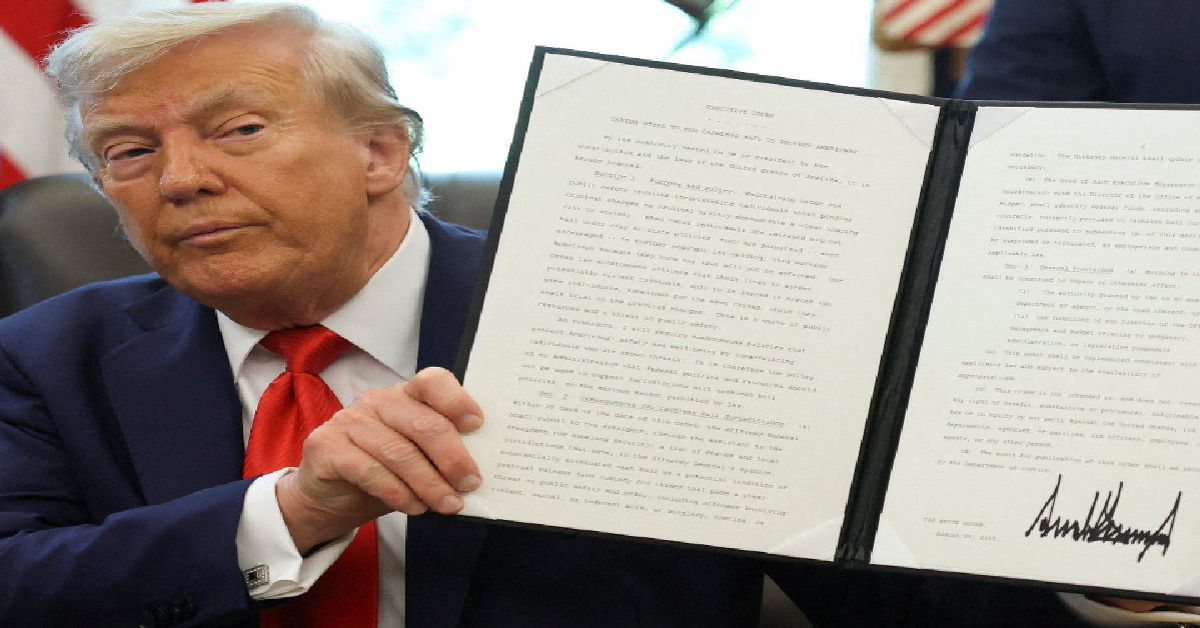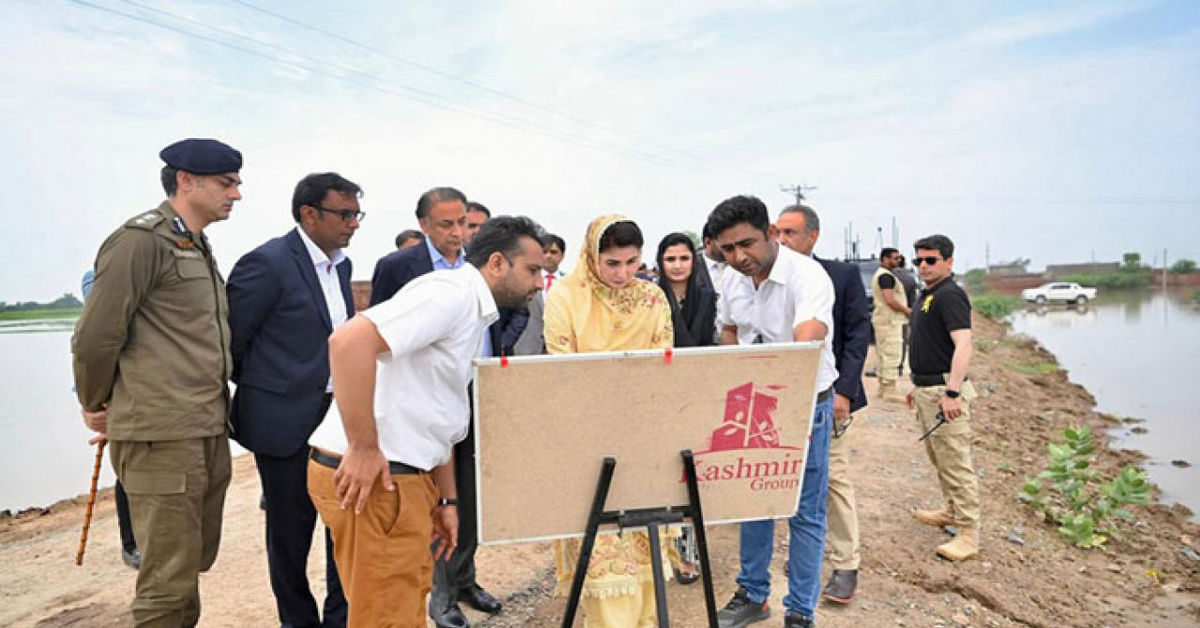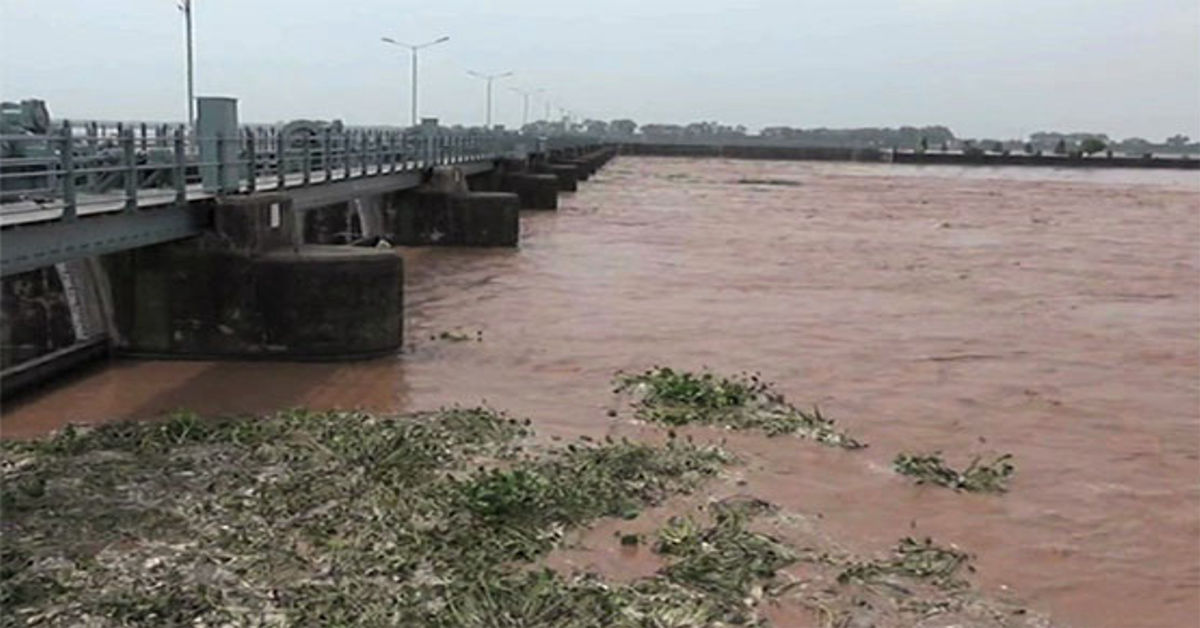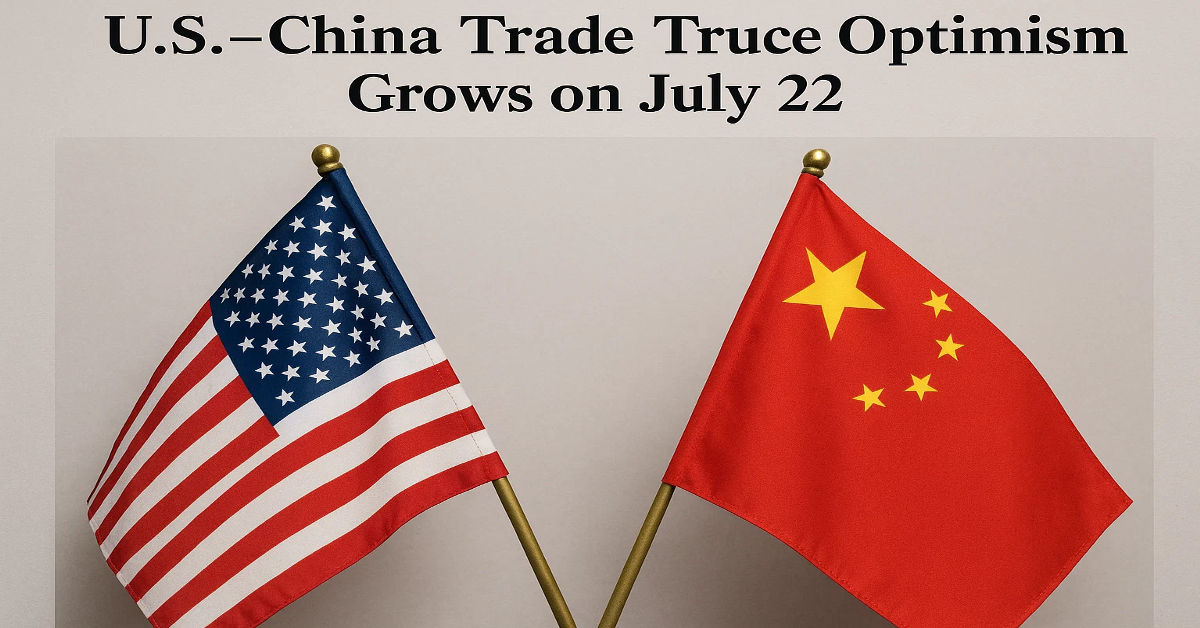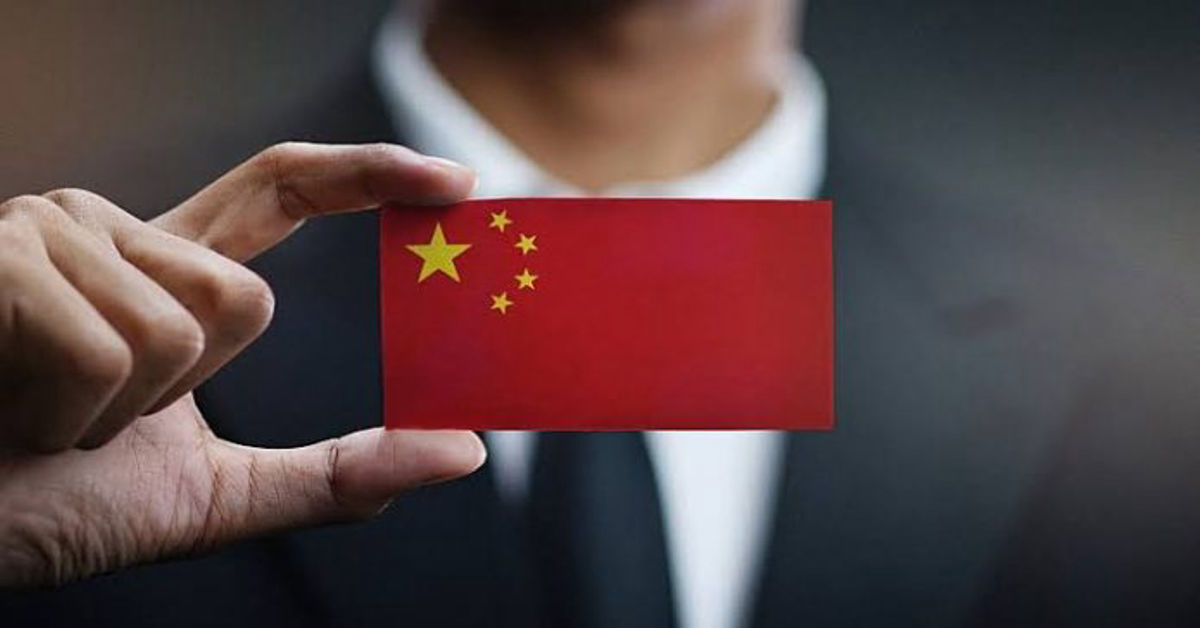
China is set to launch a new visa category, the K visa, creating a direct pathway for young science and technology talent from around the world. For Pakistani graduates, this initiative represents a significant shift, offering unparalleled opportunities to engage with one of the world’s leading innovation economies. The K visa, scheduled to launch on October 1, 2025, is more than just a travel document; it’s an invitation to build a future in a country at the forefront of technological advancement.
This program removes many traditional barriers, allowing recent graduates to stay in China, participate in cutting-edge research, and even launch their own businesses. This post will explore the details of the K visa, from its flexible benefits to its role in China’s national strategy. We will also examine how this policy can transform the careers of Pakistani students and foster stronger ties between the two nations.
What is the New K Visa?
The K visa is a specialized visa category designed for recent graduates in science and technology fields. It allows them to reside in China after completing their studies to explore professional opportunities. Unlike traditional work visas, the K visa does not require a pre-arranged job offer, making it ideal for young professionals who want to immerse themselves in China’s dynamic tech scene.
This initiative is a core component of China’s long-term vision to attract global talent. The primary focus is on graduates from disciplines like engineering, information technology, and applied sciences. The goal is to create a vibrant, international community of innovators who can contribute to and benefit from China’s rapid economic and technological growth. For Pakistani students, this means their academic journey in China doesn’t have to end at graduation.
Unpacking the Flexibility and Benefits
One of the most appealing aspects of the K visa is its remarkable flexibility. The design of this visa addresses many of the challenges fresh graduates typically face when trying to start a career abroad. Holders will enjoy multiple-entry privileges, allowing for easy travel in and out of the country without the need for constant reapplications.
Furthermore, the visa allows for longer stays, giving graduates ample time to find their footing, network, and identify the right opportunities. The application process is also streamlined to be more accessible. Key barriers such as age limits, prior work experience requirements, and the need for advanced degrees have been removed. This approach levels the playing field, ensuring that talent and potential are the main criteria for entry.
No Job Offer? No Problem
A groundbreaking feature of the K visa is the removal of the job offer requirement. This is a significant departure from most post-graduate work visa schemes globally, which often tie a graduate’s residency status to a specific employer. Without this restriction, Pakistani graduates gain the freedom to explore various career paths, from joining established tech giants to collaborating on research projects or even launching their own startups.
This autonomy empowers young professionals to make career choices based on their passions and skills rather than on the immediate need to secure a sponsor. It fosters an environment of entrepreneurship and innovation, where individuals are encouraged to take risks and pursue ambitious projects. This freedom is crucial for nurturing the next generation of tech leaders and innovators.
China’s Talent Power Strategy Explained
The K visa is a key pillar of China’s “Talent Power Strategy,” a national plan that places science and innovation at the heart of economic development. Chinese officials recognize that attracting and retaining top global minds is essential for sustaining long-term growth and maintaining a competitive edge in the global technology race.
This strategy aims to transform major urban centers like Beijing, Shanghai, Shenzhen, and Hangzhou into world-leading innovation hubs. By welcoming young, ambitious graduates, China seeks to inject fresh ideas and diverse perspectives into its research and development ecosystem. The K visa is a direct investment in human capital, designed to build a talent pipeline that will fuel the country’s technological ambitions for decades to come.
Opportunities for Science Graduates from Pakistan
For Pakistani students and recent graduates in STEM fields, the K visa opens a world of opportunities. The chance to work in China’s advanced tech industry provides invaluable experience that is highly sought after globally. Graduates can gain hands-on experience in areas like artificial intelligence, biotechnology, robotics, and renewable energy.
Beyond corporate roles, the visa facilitates participation in global research and innovation. Graduates can join prestigious universities and research institutions, contributing to groundbreaking projects and collaborating with leading experts. This exposure not only enhances their skills but also allows them to build a global professional network, which is essential for a successful long-term career in science and technology.
Fostering Cross-Border Innovation
The K visa initiative is expected to do more than just benefit individual careers; it is poised to strengthen the research and innovation ties between Pakistan and China. The policy encourages the formation of cross-border startups, joint ventures, and collaborative research projects. Pakistani entrepreneurs can leverage China’s vast market and advanced manufacturing capabilities, while Chinese companies can tap into the fresh talent emerging from Pakistan.
This collaboration has the potential to create a powerful synergy, driving innovation in both countries. Educational experts believe this policy will lead to a more integrated academic and professional community, fostering a culture of shared knowledge and mutual growth. It paves the way for a new era of scientific cooperation built on shared goals and talent exchange.
What to Expect Next
As the October 1, 2025 launch date approaches, more specific details about the K visa application process are expected to be released. China’s Ministry of Foreign Affairs will publish comprehensive guidelines on eligibility criteria, required documentation, and application procedures. Aspiring applicants should monitor official channels for these updates to prepare accordingly.
Pakistani universities and educational consultants are also likely to play a key role in disseminating this information and guiding students through the process. Workshops, seminars, and informational sessions will be crucial for helping graduates understand the requirements and make the most of this unique opportunity. Staying informed will be key to a successful application.
Conclusion
The introduction of the K visa marks a pivotal moment for Pakistani graduates in science and technology. It is a clear signal that China values their talent and is ready to provide a platform for them to thrive. This initiative offers a unique combination of flexibility, autonomy, and access to a world-class innovation ecosystem.
For young Pakistanis with ambitious goals, this is a chance to gain international experience, contribute to cutting-edge research, and build a successful global career. As China continues to implement its Talent Power Strategy, the K visa stands out as a visionary policy that promises to benefit not only the individuals who secure it but also the broader relationship between two allied nations.
Frequently Asked Questions (FAQs) about the K Visa
1. Who is eligible for China’s K visa?
The K visa targets recent graduates in science and technology fields from around the world, including Pakistani students. Applicants should hold degrees in areas such as engineering, IT, and applied sciences.
2. Do applicants need a job offer before applying for the K visa?
No, a job offer is not required. The K visa allows graduates to stay in China to search for opportunities, join research projects, or start their own businesses.
3. What are the main benefits of the K visa for Pakistani students?
Key benefits include multiple entries, longer stays, an easier application process, and the freedom to explore diverse professional paths without an invitation from a Chinese employer.
4. When will the K visa be available?
The K visa program officially launches on October 1, 2025. Details about the application process will be released by China’s Ministry of Foreign Affairs.
5. Can K visa holders start their own businesses in China?
Yes, the K visa is designed to encourage entrepreneurship. Graduates can start their own ventures, participate in global research, or collaborate with innovation hubs across China.
6. Where can students find more information about applying for the K visa?
Prospective applicants should follow official updates from China’s Ministry of Foreign Affairs and consult their universities or educational consultants for guidance on the process.### Meta Information





















